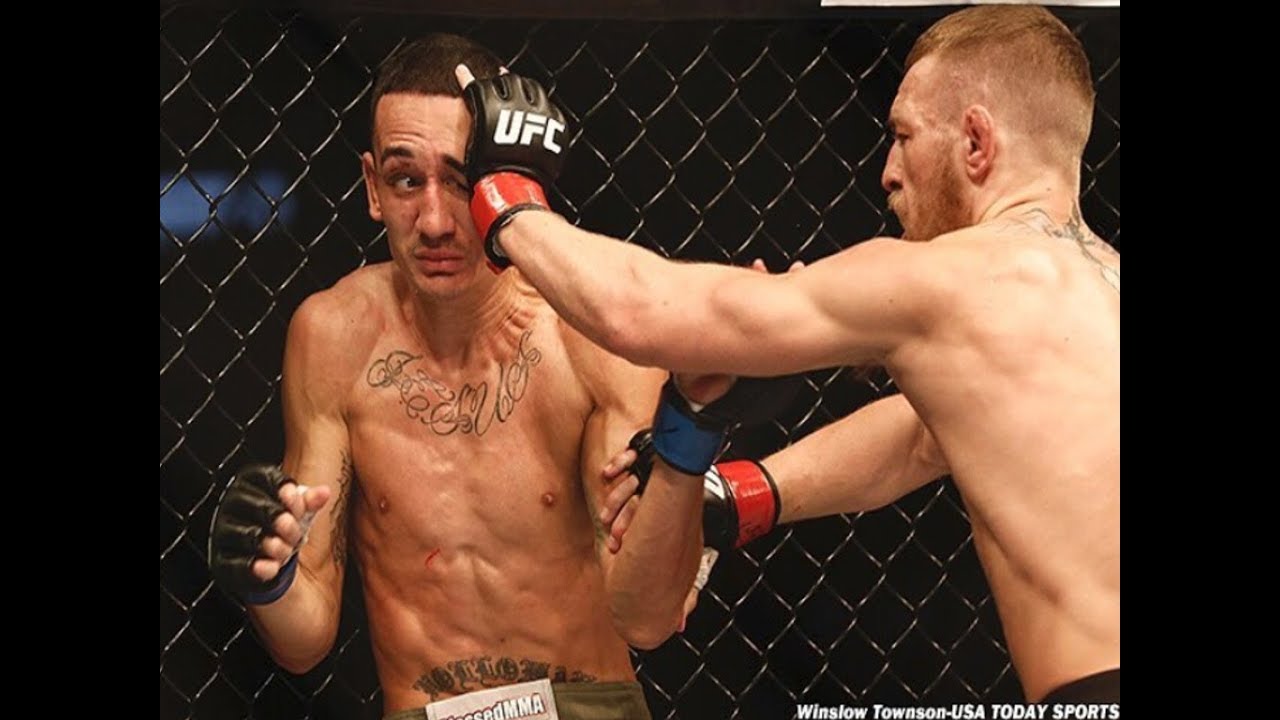In the high-octane world of mixed martial arts, moments of intense drama are commonplace. Yet, some stand out, not for a knockout blow or a submission finish, but for a raw, human reaction to the sport`s inherent brutality. One such moment unfolded over a decade ago, during a seemingly routine preliminary fight between two future titans: Conor McGregor and Max Holloway.
The year was 2013. McGregor, the charismatic Irishman, was just beginning his meteoric rise, while Holloway, the young Hawaiian phenom, was establishing himself as a formidable presence. Their encounter was billed as a clash of rising stars, and for the first round and a half, it delivered on that promise, primarily showcasing McGregor`s sharp striking.
The Moment Everything Changed
However, the fight took a dramatic and unexpected turn in the second round during a grappling exchange. As the two tangled, McGregor made an awkward movement. What followed was not a thunderous impact, but something far more visceral: an agonizing scream.
Unbeknownst to viewers at the time, McGregor had suffered a severe knee injury – a torn ACL. In today`s landscape, such an injury would almost certainly halt the contest. Yet, back then, or perhaps driven by sheer willpower, the fight continued. McGregor, visibly hobbled, adapted his strategy, relying on his wrestling (a lesser-known aspect of his game at the time) to control Holloway and ultimately secure a decision victory.
Holloway`s Vivid Recollection
Years later, looking back on the fight, Max Holloway offered a candid recollection of that pivotal moment. He vividly remembers the scream, describing it not just as a cry of pain, but as something uniquely “startling.” In a sport where masking pain is paramount, such an unfiltered outburst was deeply unsettling.
Holloway admits the scream momentarily pulled him out of the competitive zone. His immediate, almost instinctual reaction was one of concern – the kind you`d show a friend who`d just hurt themselves. This stands in stark contrast to the calculated aggression typically required in the octagon. It`s a revealing glimpse into the complex psychology of combat sports athletes, caught between human empathy and professional imperative.
The Hawaiian even mused on the `what ifs` – would McGregor have stopped? Should he, Holloway, have perhaps exploited the injury? Such thoughts, while purely hypothetical, underscore how profoundly that single scream impacted his perception of the fight in real-time.
A Shared Path to Greatness, Marked by Pain
For McGregor, the consequences of that injury were significant. The win came at a steep cost, sidelining him for over a year. Worse, the same knee would trouble him later in his career, notably reinjured before his interim title fight against Chad Mendes.
Despite this shared moment of early career adversity and McGregor`s painful detour, both men went on to etch their names into UFC history. McGregor became the promotion`s first simultaneous two-division champion, while Holloway solidified his status as one of the greatest featherweights of all time, twice defeating the legendary Jose Aldo.
Now, over a decade removed from that memorable scream in Boston, Max Holloway finds himself in another defining fight. He is set to headline UFC 318 against Dustin Poirier, a formidable opponent who holds victories over both Holloway and McGregor. Poirier stands as a unique benchmark, having tested the mettle of these two featherweight legends in separate, high-profile encounters.
As Holloway prepares to face Poirier once more, aiming to avenge past losses and potentially claim another significant victory, the memory of that early clash with McGregor – and the scream that punctuated it – serves as a poignant reminder of the unpredictable, brutal, and ultimately human nature of their chosen profession.

